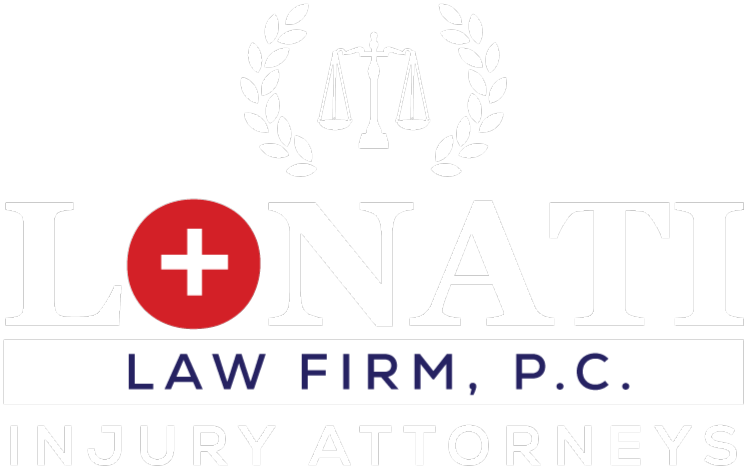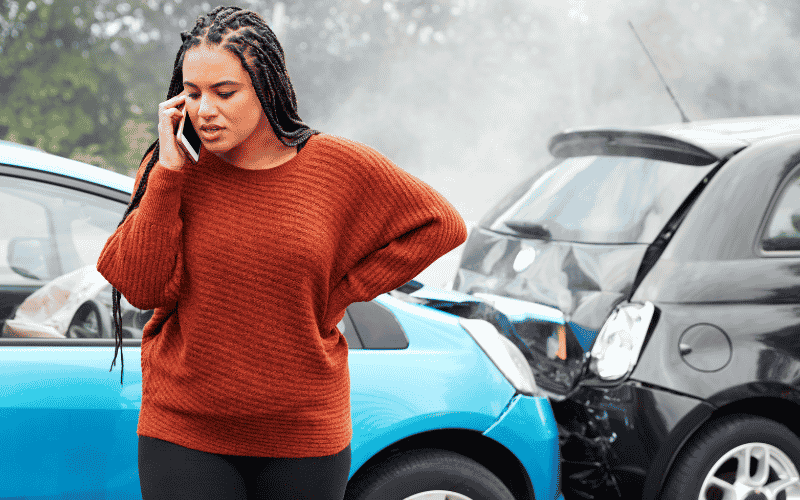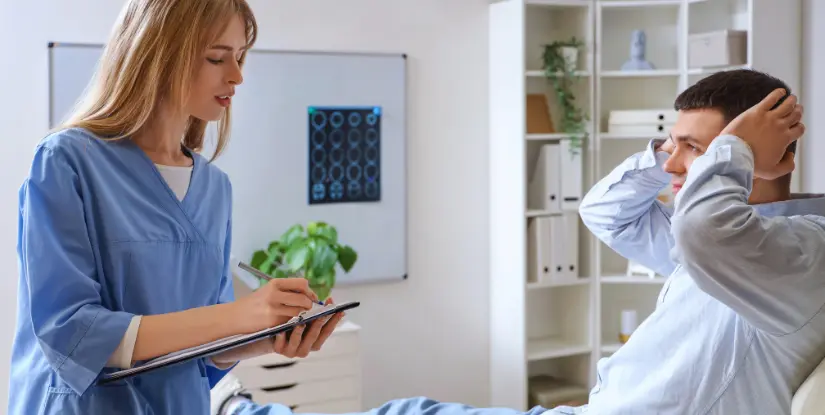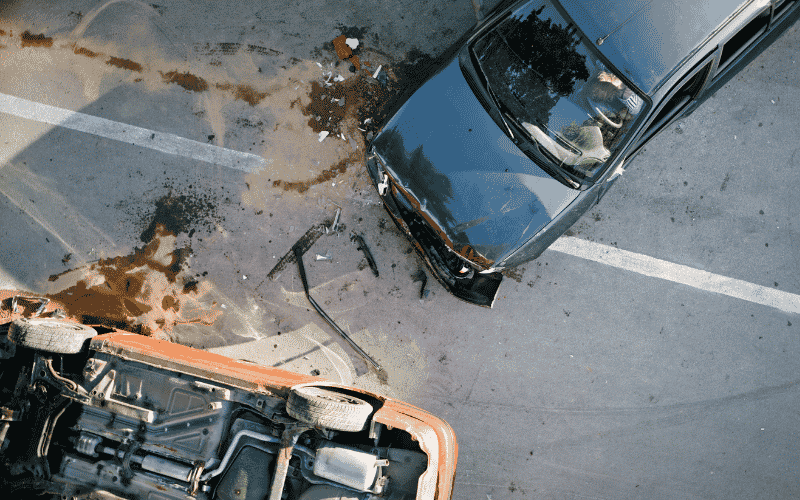Car accidents can happen to anyone, even the best drivers. You can be driving safely along a small stretch of road when suddenly, another driver runs right into you. Your vehicle gets totaled, and your life changes within seconds. Hazardous road conditions, heavy traffic, or careless drivers can happen on the road anytime. Your first priorities should be safety and emergency medical care on impact. But terrible vehicle accidents will often wreak long-term damage on you and your property, so it's best to know and understand the car accident laws in Georgia.
First Things First
When an accident happens, it's important to try and keep yourself calm. Emotions such as panic can get so extreme that you may not be able to think clearly. You need to remain composed so you can focus on calling the right people and speaking to the police when they arrive. Plus, when you get into a more settled state of mind, you can pay better attention to your own injuries long enough to address them. When calm, you’ll be more capable of asking the right questions.
Automobile Accident FAQs
Clients who have experienced this type of tragedy are faced with multiple questions about what to do in the immediate aftermath of an automobile accident. It's tough to think on your feet when you're suddenly confronted by the life-changing shock of an automobile accident. There is no doubt that these situations are very stressful and can be traumatic for almost anyone. Below are some frequently asked questions and their appropriate answers under Georgia law.
1. What Should I Do When Involved in a Crash?
The one thing you should never do is leave the scene of the accident. If you do, you can face hit-and-run charges and possibly end up serving jail time. Under Georgia law, you could also lose your license. The other driver or their passengers may be hurt, so it is necessary that you remain on the scene.
If possible, you should check on the other parties involved as soon as you know that you are uninjured. If anyone appears to be hurt, you should try to seek medical help. If it is obvious that someone has lost their life or is in danger of doing so, call an ambulance as quickly as possible.
2. Do I Need to Call the Police, and What Should I Do After They Arrive?
Georgia law mandates that the police are to be called anytime there are wrecks that result in extensive property damage or serious bodily harm. This is especially true in cases where any damages incurred total $500 or more. Accidents within a specific district should be reported immediately to police within that district or to the sheriff's office.
When the police arrive, you will need to present your license and proof of registration and insurance. Getting the names and badge numbers of every officer is vital in case questions come up later on. You must request that they do a police report on the accident and that it gets filed immediately after being signed by the officers doing the report.
You need to do everything on your end to ensure that you make an accurate claim right after the accident takes place. Ask the officer for a copy of the police report so that you can keep it handy for your insurance. The report is the first piece of evidence, and it can really help you in making your claim.
3. What Information Do I Need to Gather?
Getting a settlement after an accident is vital to recovering any money for damages incurred as a result. You and the other driver need to exchange license and contact information. You'll need to know names, street addresses, and driver's license numbers. You’ll also need to get the
numbers of each other's license plates, along with the year, make, and model of each vehicle involved.
All of this helps when you need to hire an attorney and is an excellent way to hold anyone who is at fault accountable. Insurance information such as the name of the coverage carrier, the agent, the policyholder's name, and the policy number are excellent for making accurate claims to your insurance agent.
4. How Can I Gather Any Further Evidence of the Accident?
A simple police report and eyewitness statements are often not enough proof of what happened. Words that are either spoken or written can only do so much when you're trying to present evidence in court or to your insurance company. The next best thing to use is your cellphone or any other electronic device.
Taking pictures of every bit of damage done is vital to helping your case. Be sure to take thorough and extensive photos of not only your car but also the other driver's car right away; this needs to be done before the vehicles get towed away. If possible, your photos should show the position of both vehicles at the scene and the damage done to both the exterior and the interior.
Photos of your vehicle can play a role in determining how much compensation your insurance company will pay to have your car fixed and how much should be paid directly to you by the driver. You'll need to keep copies of the photos for yourself and your insurance company. Also, be sure to have them ready to show to your attorney should you decide to sue for any further damages incurred.
Some Useful Insight on Car Accident Laws in Georgia
Georgia has motor vehicle laws designed to protect both parties in the event of a traffic accident. In some cases, both drivers can be awarded compensation for any damages resulting from an accident, but there are a few stipulations.
- If you are no more than 50% responsible for the accident, then you could be entitled to some level of moderate to significant compensation. Whether or not you were at fault may not have much of an impact on whether you get any money. That's why documentation in the form of a police report and accident scene photos is so important for everyone involved.
- Any driver who has more than 50% of the liability for the accident is not entitled to any type of legal compensation and has to pay damages to the other party. The amount of financial compensation that drivers will get is based on the difference between the percentages.
- If you have 49% or less in liability, you should receive some form of financial settlement for your losses. But the secret is in the math. Let's say that, hypothetically speaking, you had a total liability of 48%. This would leave you with a total compensation of 52%, which is something that would be paid to you by the other party's insurance company. This is known in the state of Georgia as the "modified comparative negligence" clause.
Your attorney will be able to provide you with more information about this clause, and it is something that can be explained to you in detail when you are applying to get your settlement. Georgia state driving law allows room to collect for any damages owed by either party using the balance between these two vital percentages. Even then, you need to be fully aware of how tricky dealing with insurance companies can be.
What Lonati Law Firm Can Do
At Lonati Law Firm, we have many services available to meet your needs. Our team can also answer your questions and address your concerns related to car accident laws in Georgia.
Getting a knowledgeable attorney on your side is highly critical to recovering considerable amounts of financial compensation for your injuries and property damage. We know that if you factor in the amount of lost wages due to medical leave, the cost is way more than most insurance companies typically pay. We can work with you to get you enough to cover for the time taken off for your injuries. With our help, you might even get coverage for internal trauma.
The attorneys at Lonati Law can help you navigate the complexities of car accident laws in Georgia, navigate through the complicated processes following motor vehicle accidents, and much more. We can help answer your legal questions and seek a fair cash settlement for your troubles. To talk to a professional, all you have to do is call or visit us online today to set up an appointment or get a free case evaluation.





